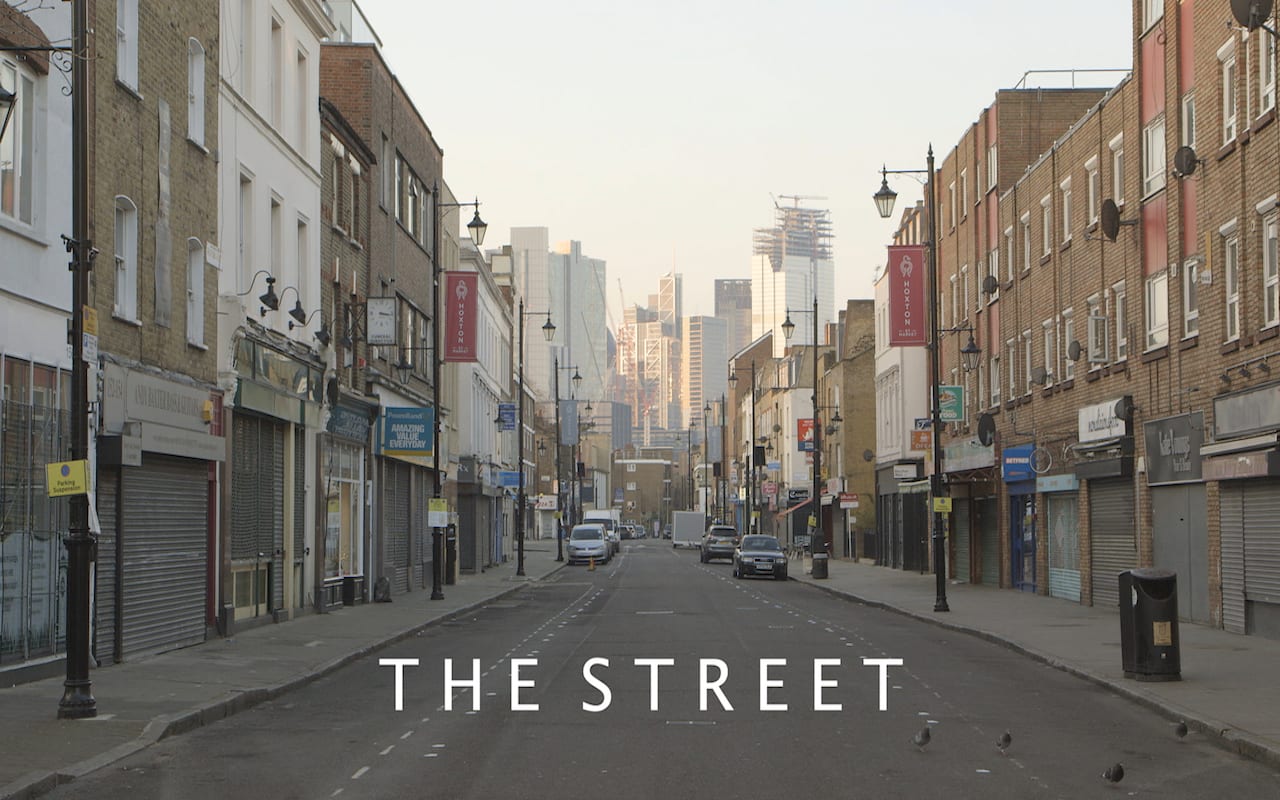Zed Nelson captures the debilitating effects of gentrification in Hackney
Film still from The Street, 2019. © Zed Nelson.
Source:
Reverend Gloria from the Bethel Tabernacle Church says the “good old days” were not always so good. When they first opened in the 1970s the National Front would vandalise their church at night. “It’s heaven to what it used to be.” Film still from The Street, 2019. © Zed Nelson.
Source:© 2022 - 1854 MEDIA LTD
